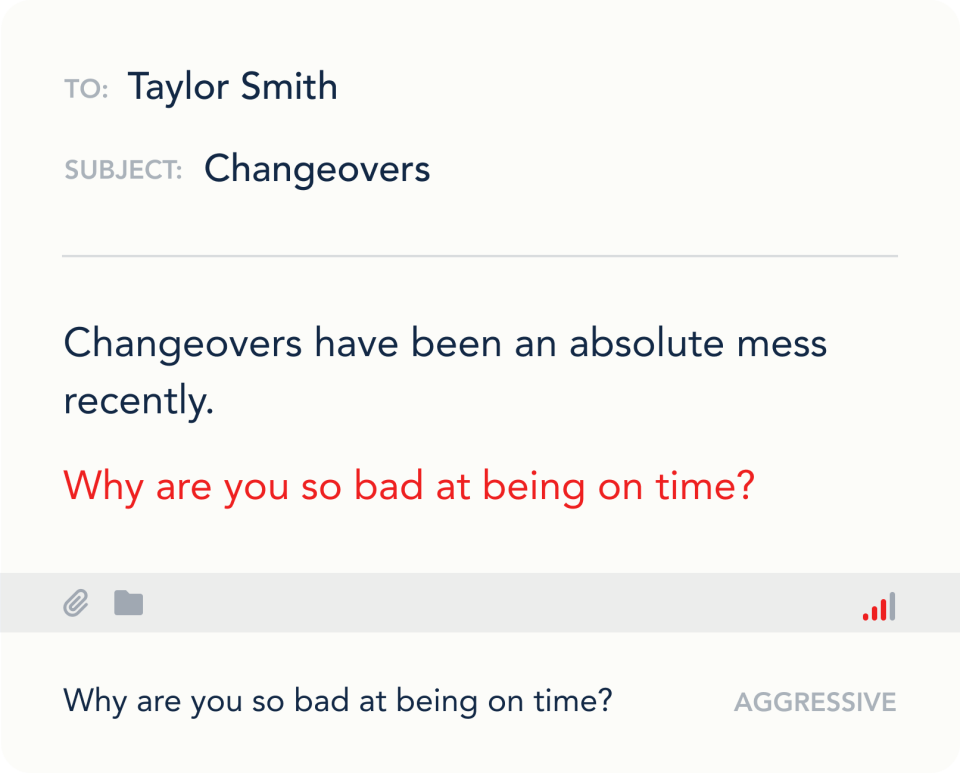Can ChatGPT Help Co-Parents Navigate The Legal System?

ChatGPT, an artificial intelligence (AI) chatbot, is the fastest-growing app of all time. It launched in November 2022, and only two months later, in January 2023, it had 100 million monthly active users.
For reference, it took TikTok 9 months to reach that mark, and Instagram took two and a half years!
It’s considered “generative” AI because it not only analyzes data but also creates, or generates, its own writing. This can include legal documents.
Certainly, a lot of people find ChatGPT useful (or at least entertaining). But is it a tool you can use to manage a serious family law case involving divorce, parenting time, or parenting responsibilities? Let’s explore the possibilities.
Very important note: Nothing in this article should be construed as legal advice. We are not affiliated with ChatGPT and definitely cannot guarantee any of its replies are valid.
Can co-parents use ChatGPT to navigate the court system?
Using generative AI like ChatGPT might save you time and money—especially if you and your former partner are able to cooperate a little.
Navigating the court system is complicated and often overwhelming for co-parents. If you’re not a lawyer, it’s difficult to wade through a 400-page divorce packet and make sense of each document when you’re already feeling emotionally overwhelmed.
But you can ask ChatGPT to explain each document. For example, you could write a prompt that says, “Explain a Petition for Dissolution of Marriage in Florida—in plain English, without legal jargon.”
ChatGPT is most useful for helping you figure out procedural actions (definition/explanation), not legal arguments. (Basically, “What is this paperwork asking for?” But maybe not, “What previous legal cases apply to my case and how should I explain them to the judge?”)
Important note: Avoid inputting private details about your case, your co-parent, or yourself—for safety and privacy reasons. ChatGPT is not guaranteed to be private.
Another important note: If possible, you should still hire a lawyer to review your paperwork. Even ChatGPT can’t analyze your documents as thoroughly, accurately, and helpfully as a live legal expert who knows your specific case, the specific court you’re appearing in, and possibly even the specific judge who will rule on your case.
However, you might pay for fewer hours of your attorney’s time if your paperwork is in good order to start with.
Bonus tip: More tech that may help you reduce legal fees
Another way to reduce your attorney’s billable time is to use a co-parenting app, like OurFamilyWizard, to keep all your communication on the record. Then, when you need to submit all the messages between you and your co-parent, you just have to click “download” and pass a PDF to your lawyer.

Can co-parents use ChatGPT to create co-parenting documents?
ChatGPT could be useful for generating first drafts of basic documents, like a parenting plan, parenting time schedule, or marital settlement agreement. It might also help you uncover your primary options within those docs.
You don’t have to accept the first draft it generates, of course—in fact, ChatGPT works best if you keep adding prompts to refine its replies. So tell it which parts you want to change. But reading its suggestions can help you figure out what you do and don’t like.
And it can get pretty specific—if you ask ChatGPT to help you develop a parenting plan, you can give it as much information as you want to include (as long as it’s not private). For example, you could ask it to draft a parenting plan for the co-parents of a child who spends 15 hours a week doing competitive gymnastics, or a parenting plan suitable for co-parents who live on opposite sides of the country.
Important note: Again, don’t feed the bot your personal information. Forbes warns, “The data that you enter into an AI app is potentially not at all entirely private to you and you alone.” In fact, “If there is confidential data in the draft, that too is potentially now within the confines of ChatGPT.”
You can ask the chatbot to draft a parenting plan, but don’t include things like your child’s name, birthdate, or school—you can fill those in later.
Another important note: You still need an attorney to review your document. They can make sure your document is formatted properly and written clearly, with the right terminology, along with state-specific criteria. They might even spot potential problems in your plan, and it’s so much easier to follow a smart plan from the beginning than it is to spend time solving the problems created by a flawed plan.
Still, starting with ChatGPT might be cheaper than having your lawyer, mediator, or parenting coordinator draft the plan for you in the first place.

What types of co-parents can use ChatGPT effectively?
ChatGPT might be a helpful tool for co-parents who can keep their child’s best interests in mind when communicating and, as a result, cooperate at least a little. The chatbot is not a mediator or a conflict resolution specialist. Plus, only one person can use it at a time—so you have to take turns with the same account or just work separately.
Important note: If you and your co-parent experience high levels of conflict, you will probably need a lawyer, mediator, or parenting coordinator to help you settle on a workable plan.
What’s the future of AI in family law for co-parents?
With any complex software, it takes time to work out the bugs and truly understand its implications. Nothing can be guaranteed. But one thing is clear: Generative AI is becoming an increasingly strong force in many industries, including the legal field.
It’s an impressive tool for simplifying a very complex process. But at the end of the day, it’s a robot. It’s a tool. It can be a time saver, but it makes mistakes. It’s up to human experts to verify its work.
Safe, completely private tone-checking feature designed for co-parents
OurFamilyWizard has a special feature called ToneMeter™ that helps you write calmly so that the message doesn’t stir up conflict (or look unflattering when your family law pros see it). It’s like an emotional spell-check.
When you write a message, ToneMeter analyzes how that message will come across to your co-parent. It marks passages that could seem aggressive, humiliating, upsetting, or hurtful so that you have a chance to rewrite it.

Rewriting a marked passage is completely optional—ToneMeter doesn’t make any changes or suggest new ways to write it. It’s just a gentle nudge. The decisions are up to you.
Best of all, it’s 100% private—it isn’t logged in the documentation, and it’s never visible to your co-parent.




